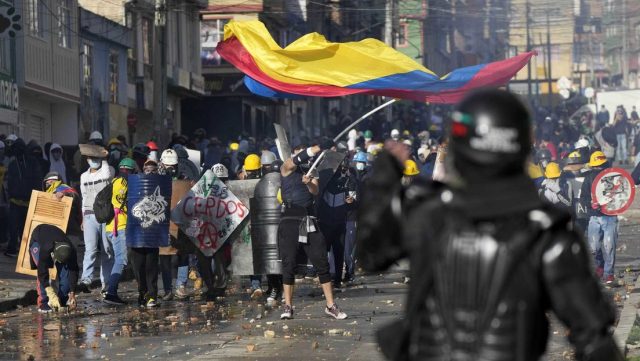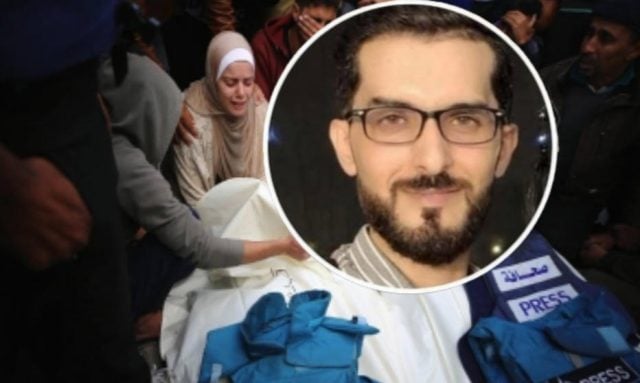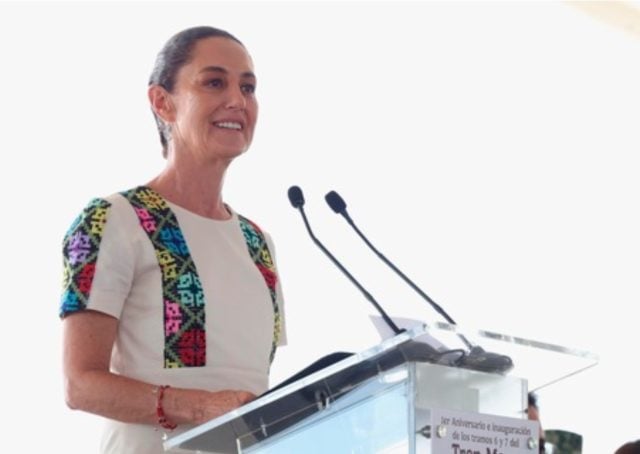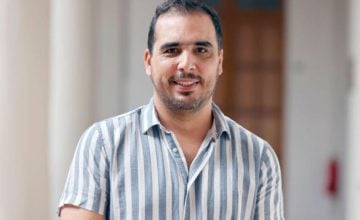After the setbacks that the legislative proposals of the president of Colombia, Iván Duque, have had in recent months, a new presidential legislative project generated immediate rejection, without there being any details about it yet. It is the ‘anti-vandalism law’, which is already considered by the opposition as a mechanism to criminalize and restrict protests.
The Colombian president asked Congress to debate a «modern anti-vandalism and anti-riot law» in his next term, which begins on July 20, two months after the start of the anti-government demonstrations that have been marked by allegations of violations of human rights by the State security forces, explains Nathali Gómez in a report for RT.
During the promotion ceremony of the director of the National Police, Jorge Luis Vargas Valencia, at the General Francisco de Paula Santander Police School in Bogotá, Duque asked the new officials «to clearly reject violence and vandalism». Days ago, Vargas Valencia’s promotion was approved in the Senate with 66 votes in favor and two against because the opposition withdrew from the session considering that the official was responsible for the excesses committed by the Public Force.
What is known about the proposal?
During his speech, the president of Colombia asked to have «a clear, participatory, deliberative discussion» about the difference between a peaceful protest and one involving acts of vandalism. In addition, he referred to the ‘Police Disciplinary Statute Bill’, which he will also present to Parliament on July 20, and which has been branded by his opponents as a belated «cosmetic change» given the unaddressed claim of dissolution of the Mobile Anti-riot Squad (Esmad), whose actions to contain the mobilizations have been strongly questioned by national and international organizations.
«It is very important to differentiate what is a peaceful expression and what is vandalism and low intensity urban terrorism», said Duque, and asked those present to confront these practices that «violate rights» with «all institutional capacity, the rule of law and attachment to human rights”.
Duque asked «to reject stigmatization» and stated that «the vast majority of protests are peaceful», so that whoever exercises the right to demonstrate cannot be called a vandal. «He must feel protected in a democratic State», he added. However, different social groups that participate in the mobilizations have denounced attacks by authorities and armed civilian groups, including against people that were not participating in the street activities.
«Those who destroy infrastructure, public transportation, try to hijack buses and obstruct the passage, are called criminals and are confronted as what they are», he said. Similarly, he asserted that «those who pose from moral stands and public positions» to insult «those who serve the country» should be investigated and punished, which seems to open the door for actions against those who denounce the excesses of the Security forces.
Although Duque has left this proposed law on the table, according to official figures, the acts of violence in the demonstrations have been a minority. The registry of the Ministry of Defense, on which the Police depends, shows that there were only disturbances in 1,527 of the 13,433 street activities, which means that 11,906 were peaceful, so there were only disturbances of public order in 12, 8% of the mobilizations.
For their part, those who participate in the protests have reiterated that when there has been no action by the Esmad there have been no violent incidents, so one of the demands so as to sit down and talk to the Unemployment Committee, the main coordinator of the demonstrations, was their withdrawal (the Esmad) from the demonstration areas.
Reactions in Colombia
Although the new legislative period begins on July 20, opposition congressmen have already repudiated Duque’s proposal.
Iván Cepeda, senator of the Polo Democrático Alternativo (Alternative Democratic Pole), shared in his social networks a short video where he affirms that the Government knows that in the Penal Code there are sufficient provisions against riots and vandalism and that its objective is to “create a norm by which it can censor, reduce and even prohibit legitimate social mobilization in a peaceful way».
In his opinion, the Executive of Colombia «knows that by means of violence it has not managed to end the just indignation» and that the initiative should be dialogue, which the Unemployment Committee unilaterally suspended because it considered that its demands so as to sit down to negotiate were not met.
Sergio Marín, representative of the House for the Comunes political party, which emerged after the signing of the Peace Agreement between the Government and the defunct Revolutionary Armed Forces of Colombia (FARC), assured on his Twitter account that the president «seeks to repress fundamental constitutional rights such as the right to protest» with the aim of «legally shielding violent repression against young people».
In the same line of thought, María José Pizarro Rodríguez, representative to the Chamber for the opposition coalition Decentes, said that the presidential proposal was «openly illegal» and added that «insisting on the militarization and criminalization of social protest only shows incapacity and lack of vision».











